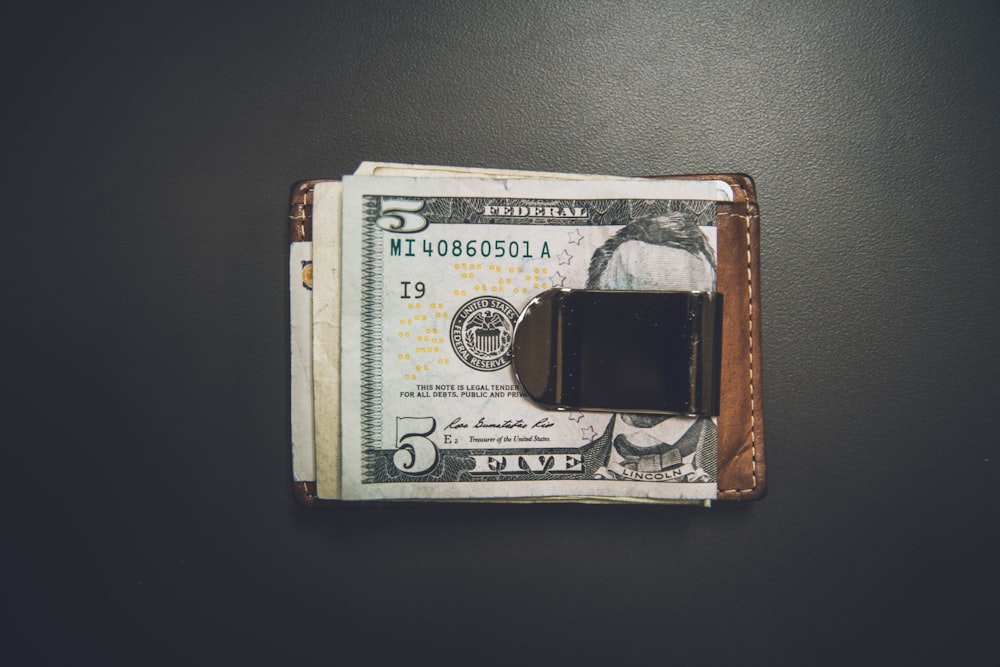How stay-at-home orders are exacerbating the financial abuse of domestic violence victims
Hidden from outsider eyes, financial abuse occurs in 99% of domestic violence cases. Abusers aim to limit victim’s access to their financial assets, entrapping them in the relationship and forcing them to rely on their abuser for survival. You may not see the bruises and scars of physical attacks, but both the short- and long-term impacts of financial abuse are devastating. To make matters worse, victims cannot physically leave the relationship because they lack the financial resources to do so. And even if they manage to escape, they face staggering odds to secure long-term safety.
Just like other forms of abuse, financial abuse may only show its true colors over time. Abusers may gain the trust of victims through manipulation, charming them to “take care” of their bank accounts. They often force victims (whether through physical or psychological means) to give up highly sensitive financial information, such as banking passwords and credit card account information, so that they can remotely control their victim’s finances online. When victims realize what is going on, they often discover that their funds have been moved or have no knowledge of the account details. Abusers may also seek to control the victim’s finances overtly, such as running up debts or controlling how the money is spent. When the victim decides to leave the relationship, they may find that their financial history has been irreparably ruined.
The coronavirus pandemic has only served to exacerbate these issues. Families and relationships have found themselves in economic dire straits, as many have lost their jobs. Intimate partner violence has been shown to be more likely under financial strain. Domestic violence originates from a want of control and power. And with many feeling a lack of control in their lives, abusers now have more incentive to take control of their partner’s finances.
As coronavirus stimulus checks are distributed through direct transfer, many domestic violence victims risk their money being intercepted by their abusive partners. A victim named Jane (a pseudonym), had her $1,200 stimulus check, plus another $1000 for her two children deposited into an account only her abuser controls. These types of cases are often overlooked by the justice system, yet victims must acquire a judicial order to get access to the money. The problem is also exacerbated given that courts are operating only limited hours during these uncertain times.
Children, while not directly mired in the financial battle between abusers and victims, are also suffering. School closures mean that children exclusively live at home, causing their wellbeing to be entirely in the hands of their parents. Victims are also often the caretakers of the children, and they struggle to provide for their wellbeing as abusers strip them of their financial resources. And we may see an uptick in children being taken away from their mothers after the pandemic, as courts often bestow responsibility of the child to the parent who can financially support the child (usually the abuser).
Domestic violence shelters and assistance organizations, already operating on shoestring budgets, are facing even greater financial difficulties due to the pandemic. It has become increasingly hard for these organizations to parcel money out to victims, especially as they are expecting future budget cuts. Many counties, such as Onondaga County in New York State, are facing looming budget deficits, meaning economic support to many “non-critical” organizations will be cut. Vera House, a non-profit that works to end domestic and sexual violence, has said that they will “face really hard decisions about what we’re able to continue to offer” in the wake of the crisis.
Victims can act now through technology means to limit their abusers’ control over their finances. Victims should call and visit their bank to request that they permanently disable internet banking for their accounts, so that abusers can no longer remotely control their finances. If the victim has a joint bank account with their abuser, it is important that they open a separate bank account with a completely unique password. Just as importantly, victims should obtain a post office box from the United States Postal Service (USPS) or other vendors to receive sensitive banking mail away from home.
Victims also have the right to place a security freeze on their credit report, which prohibits a credit reporting agency from releasing credit report information without their express authorization. It is designed to prevent credits, loans, and services from being approved without consent. Victims should note that while a security freeze may slightly inconvenience future transactions, it can robustly protect them from further identity theft by their abuser.
Domestic violence victims are undoubtedly one of the worst-hit segments of the population by the pandemic. And they are suffering not just from the increase in physical abuse, but financial abuse as well. With outside aid becoming more and more strained, victims are rapidly losing access to the help they need. We must be conscious that financial abuse is far more insidious; it cannot be seen or heard. This issue is also not just limited to the pandemic. New policy and financial safeguards must be implemented to prevent abusers from immobilizing victims through financial control. Better efforts are needed to inform potential victims of the risks of transferring all financial responsibilities to their partners. And that is just the first step.

